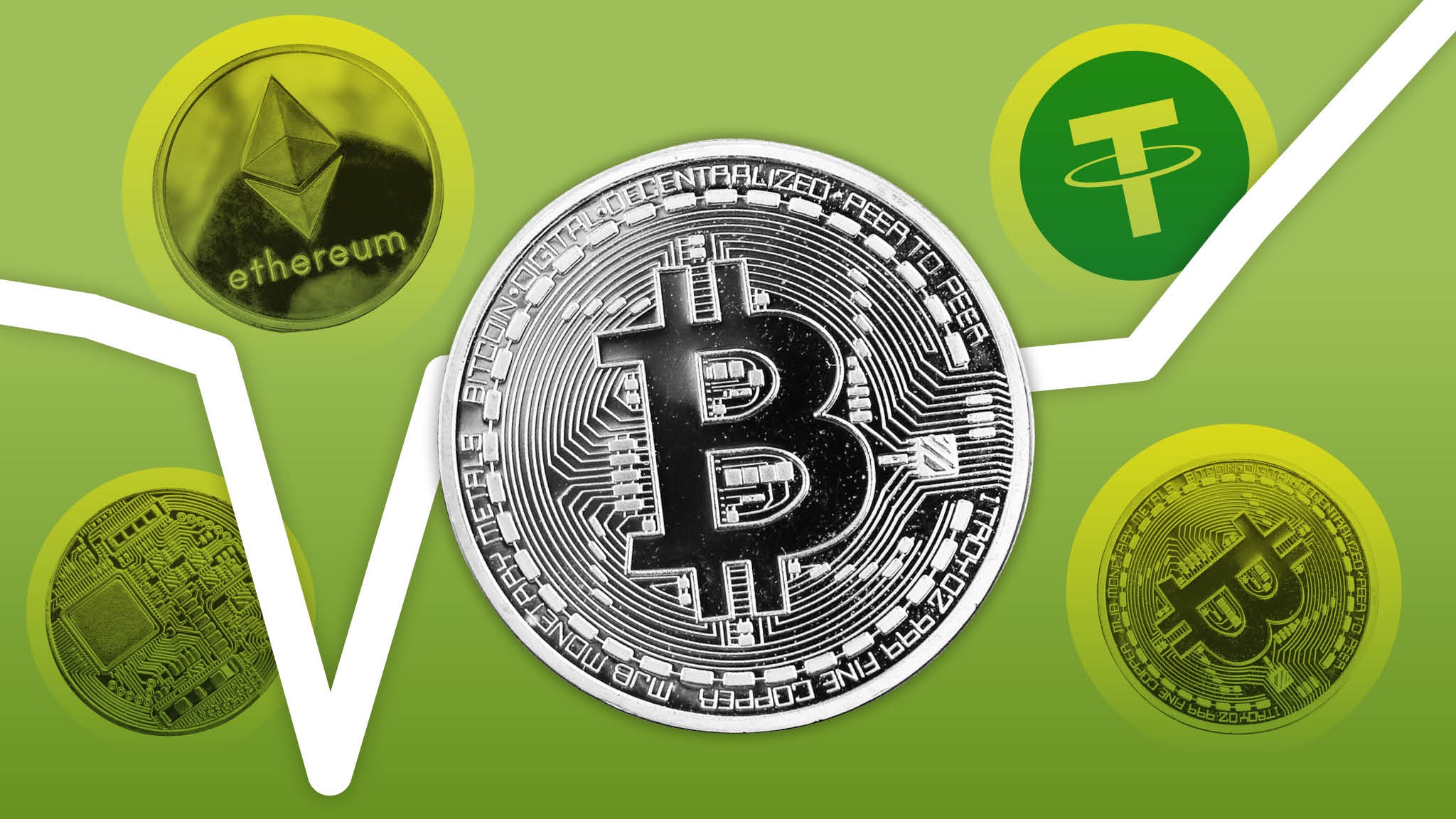Central banks bitcoin
Contents:
These ideas are not new. The Austrian School, a school of economic thought founded in , holds among its core tenets the idea that economic manipulation by central banks is not beneficial. Before you convert your national currency to bitcoin, you want to consider a few additional facts. Gox , the largest exchange service converting dollars to bitcoins, failed in spectacular fashion when hackers allegedly stole bitcoins valued at hundreds of millions of dollars. It is created by anonymous programmers through a methodology that it too complex for most people to understand much less participate in.
On the other hand, the European Central Bank reported in that Bitcoin is just one of over digital currencies now in circulation around the world. So what does the future hold for Bitcoin and other virtual currencies?
Bitcoin Versus Central Bank Digital Currency And What It Means For Investors
It is safe to say that they are here to stay. You can use the virtual currency to make purchases in a wide variety of video games and at some retailers like overstock. Bitcoin Forum. Feedback requested :.
Austrian Institute of Economics and Social Philosophy. European Central Bank.
We've detected unusual activity from your computer network
Accessed May 22, Your Privacy Rights. To change or withdraw your consent choices for Investopedia. At any time, you can update your settings through the "EU Privacy" link at the bottom of any page. These choices will be signaled globally to our partners and will not affect browsing data. We and our partners process data to: Actively scan device characteristics for identification.
I Accept Show Purposes.

Your Money. Personal Finance.
Your Practice. Popular Courses. Bitcoin Guide to Bitcoin. Cryptocurrency Bitcoin.
- btc generator hack.
- kurir bitcoin!
- Dwindling cash use is pushing central banks to race toward digital currencies.
Table of Contents Expand. In What Do We Trust? Why Control Matters. Fiscal Policy. The Business of Bitcoin.
Explainer: Bitcoin's mainstream charge raises stakes for central bank digital cash | Reuters
Crime Concerns. The Other Side of the Bitcoin. Central bank digital currencies would benefit from much of the same technology of private cryptocurrencies, allowing for instant payments, faster settlements and lower transaction costs, especially for cross border payments. They could also be a means of ensuring financial inclusion, tapping into parts of the population that are unbanked. But, in contrast to private cryptocurrencies, CBDCs would be centralized and every unit of digital currency would have the same value as one unit of cash.
Explainer: Bitcoin's mainstream charge raises stakes for central bank digital cash
There is no consensus for how CBDCs will be issued. The two main forms being explored are wholesale CBDC issued just for financial institutions and for financial architecture or retail, which would be digital currencies available for the general public. Much as the way central bank cash is printed and distributed through the commercial banking system, one of the popular methods of issuing CBDCs is via a "two tier" system whereby the central bank would issue a token that would be passed on to commercial banks for allocation.
Every transaction would be recorded on a digital ledger held by the central bank, but the money would be stored in a commercial bank in a digital wallet unique to each user.
- lending bitcoin reddit.
- Search Results.
- mining bitcoin need internet.
One of the fears is that the rise of CBDCs could inadvertently cause a bank run should users decide to leave banking deposits which are a liability of the commercial bank to the relative safety of a central bank issued currency. A CBDC could take the form of a token saved on a physical device, like a mobile phone or a pre-paid card, making it easier to transfer offline.
When will it be ready?
Alternatively, it could exist in accounts managed by an intermediary like a bank, which would help authorities police it and potentially remunerate it with an interest rate. State-run Chinese commercial banks are already testing a digital wallet application, local media reports said. E-commerce company JD. The Bank of Japan and the U. Federal Reserve have taken a backseat. Central banks fear any mass migration to CBDC would hollow out commercial banks, depriving them of a cheap and stable source of funding like retail deposits.